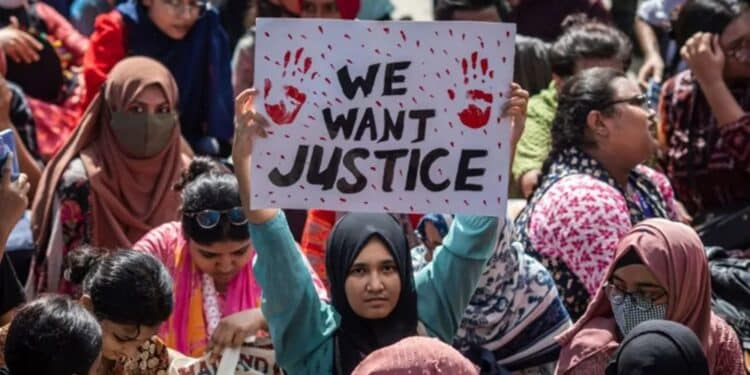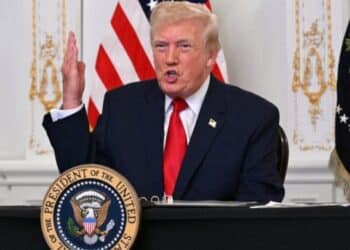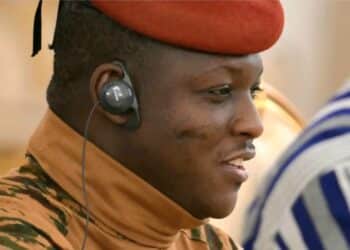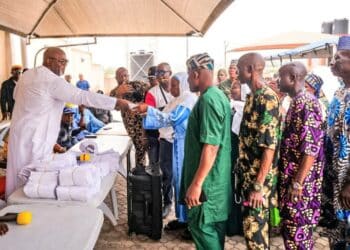No fewer than 32 children have died during the student protests that engulfed Bangladesh last month. The youngest child killed had yet to turn five years old, a UNICEF spokesperson said, adding that most of those who died were bystanders.
They were among more than 200 people who were killed during demonstrations against job quotas in the civil service, according to figures verified by BBC Bangla.
The government has reduced the quota system in response to a Supreme Court ruling, but students have continued to protest, demanding justice for those who have died, been injured, or detained.
While the protests are now smaller in scale, the government is struggling to control the rising tide of anger over how it initially responded to the demonstrations.
“Why are our brothers in graves and the killers outside?” asked a crowd that had gathered outside the largest mosque in Dhaka, the capital of Bangladesh, following Friday prayers, according to the AFP news agency.
Security forces responded to the thousands who filled the streets with tear gas and rubber bullets, according to Reuters news agency. It was reported that at least 20 people were injured.
Sanjay Wijesekera, Unicef’s regional director for South Asia, said he had been made aware of reports of children being detained during a visit to Bangladesh this week.
He added that the 32 deaths the organisation had confirmed were “a terrible loss”.
A spokesperson for the UN agency said most of those killed were aged 13 or older, with one under five and one child aged between six and 12.
“Children must be protected at all times,” Mr Wijesekera said. “That is everyone’s responsibility.”
Bangladeshi junior Information Minister Mohammad Ali Arafat responded that the government had no information regarding Unicef’s death toll.
“We don’t know where they [Unicef] got the numbers from,” he told the BBC, adding: “Our position is clear: Whoever has been killed, we are going to investigate and bring the perpetrators to book.”
Security forces have been accused of using excessive force to quell the initial protests, with many of the dead and injured suffering gunshot wounds, according to doctors who spoke to the BBC.
But the government – which has said many police officers were also killed – has blamed political opponents for the unrest.
On Thursday, it banned the country’s main Islamist party – Jamaat-e-Islami and its student wing, Islami Chhatra Shibir – which it claimed was behind some of the violence.
“We have evidence that they have participated in the killings and the destruction of government and private properties,” Anisul Huq, Bangladesh law minister, told the BBC.
The opposition party’s leader described the move as “illegal, extrajudicial and unconstitutional.
Leaders of the student protest were also detained for a week—something done for their protection, officials claimed. However, their release on Thursday has done little to dampen the outrage.
In a joint statement released on Friday, the students questioned the grounds on which they were held.
The group alleged “harassment, torture and drama” towards them and their families during their seven days of detention.
“No one is safe in the custody of those who kill unarmed students and citizens,” the statement said, as it urged people to continue taking to the streets.
Nearly 10,000 people have reportedly been detained since the authorities began their crackdown on the protests.
But Mr Arafat rebuffed the statement by the student leaders.
He said the authorities had to take the student leaders into custody because the government was aware of a potential threat to their lives.
Their protection became our top priority,” he added.










